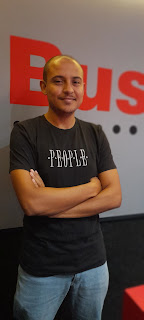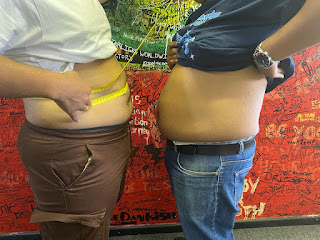02 February - Health
On today’s show, we spoke to Dr Jeanine Marnewick – Senior Researcher at the Cape Peninsula University of Technology’s Oxidative Stress Research Centre. We were talking about the health benefits of Rooibos tea. In 2005 Dr Marnewick conducted a research that showed drinking rooibos tea might be a reliable way of preventing cancer. Not only that last year in December, Dr Marnewick was part of a team from CPUT’s Oxidative Stress Research Centre that conducted another research and the results showed that Rooibos significantly reduces the risk of heart disease. Dr Marnewick explained more about both these studies and what it means for those who never miss a cup. So go on make yourself a cup of Rooibos tea not only will help fight against cancer or heart conditions but it helps you recuperate after a hangover.
We also heard from Dr Anthony Figaji - head of Pediatric Neurosurgery at the Red Cross Children's Hospital. We were talking about Hydrocephalus. Hydrocephalus is an abnormal accumulation of fluid within cavities called ventricles inside the brain. It is reported that Hydrocephalus can lead to physical incapacity, mental retardation, blindness and ultimately death. Dr Figaji explained more about the causes. Unfortunately there is no known way to prevent or cure hydrocephalus. It is reported that up to now, the most common treatment is surgical insertion of a shunt. For more information about this treatment you can contact the Red Cross Children's Hospital on (021) 686 7860 or visit www.hydroassoc.org
We also heard from Dr Anthony Figaji - head of Pediatric Neurosurgery at the Red Cross Children's Hospital. We were talking about Hydrocephalus. Hydrocephalus is an abnormal accumulation of fluid within cavities called ventricles inside the brain. It is reported that Hydrocephalus can lead to physical incapacity, mental retardation, blindness and ultimately death. Dr Figaji explained more about the causes. Unfortunately there is no known way to prevent or cure hydrocephalus. It is reported that up to now, the most common treatment is surgical insertion of a shunt. For more information about this treatment you can contact the Red Cross Children's Hospital on (021) 686 7860 or visit www.hydroassoc.org



Comments